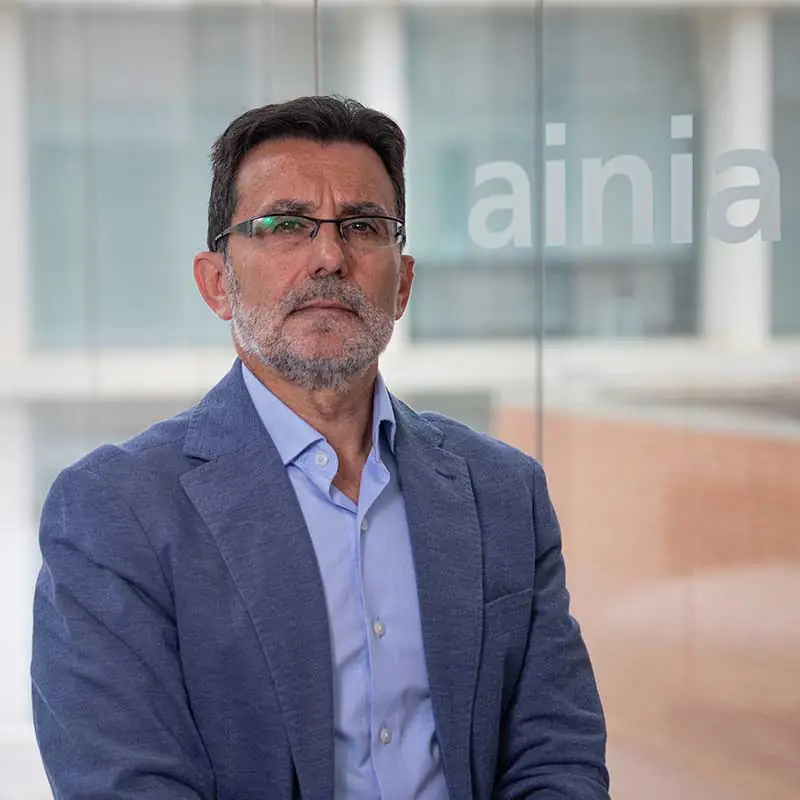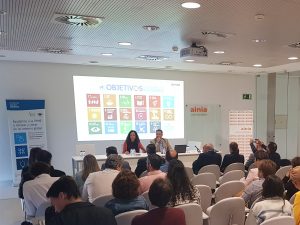The Sustainable Development Goals (SDGs) have generated the highest consensus in society regarding their relevance for the future of the planet. This situation holds as much or more power than a legal requirement. In the case of our sector, there are numerous connections between the SDGs and agricultural activity. We discuss some of the most relevant aspects in the article.
The agri-food industry can contribute significantly to the development of these goals, thus ensuring the sustainability of food production. In this regard, the Decalogue proposed by the Spanish Network of the Global Compact, which was recently presented, stands out.
Decalogue to Enhance Sustainability in the Agri-food Sector
The actions proposed in the Decalogue focus on the following areas of the SDGs:
- Promotion of sustainable agricultural practices.
- Programs for healthy food and nutrition.
- Investment in innovation, technology, and digital transformation.
- Promotion of the right to food.
- Reduction of food waste.
- Increase in donations to food banks, soup kitchens, and NGOs.
- Development of specific foods to combat malnutrition.
- Facilitating access to essential foods or those targeted at vulnerable groups for adequate nutrition.
- Sustainable management of resources according to circular economy criteria.
- Generation of global policies to end hunger, achieve food security and improved nutrition, and promote sustainable agriculture.
These initiatives will not only contribute to the sustainability of the agri-food activity and the achievement of sustainable development goals but can also be a source of opportunities for industries that integrate these lines into their daily operations. We must not lose sight of the fact that they can lead to process improvements, for example, to achieve a reduction in waste or for better management of different energy sources, resulting in cost savings.
Moreover, working on the areas outlined by the sustainable development goals for the food industry will undoubtedly contribute to the generation of new technological solutions, traceability, and food safety.
Currently, these initiatives are not a legal requirement, but we should see them as an ethical or moral aspect that drives us to improve the activity and achieve a sustainable future for the agri-food industry. With this intention, at AINIA, we work to connect the SDGs and the food industry (spanish).
As we mentioned, currently, there is no specific legislation for the Sustainable Development Goals and the agri-food industry. However, it is undeniable that future measures aligned with the Action Plan for the Implementation of the 2030 Agenda Towards a Spanish Strategy for Sustainable Development will have an impact on food legislation. It is necessary for us to stay attentive to the evolution of regulations in areas connected with the SDGs.
If you are a company associated with AINIA, remember that you can complement this information with the monthly legislative circular and legislative flash, as well as the legislative consulting service. Check the benefits for companies associated with AINIA.
You can join the more than 1,400 professionals who are part of our Food Legislation group on LinkedIn.





